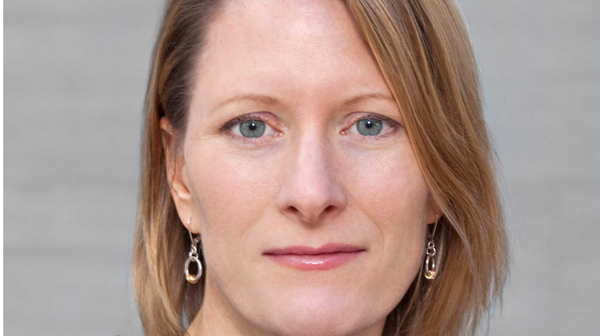
Electric Schlock: Duchenne de Boulogne’s Photographic Theater
Sarah Kennel, associate curator, department of photography, National Gallery of Art. In this lecture, delivered on June 29, 2015 as part of the Works in Progress series, Sarah Kennel explores one of the most curious landmarks in the history of photography, Duchenne de Boulogne’s 1862 publication Mechanism of Human Facial Expression, a copy of which the National Gallery of Art acquired in early 2015. A pioneering neurologist, Duchenne de Boulogne began experimenting in the 1830s with the application of electricity to stimulate facial muscles in order to invoke a wide range of expressions—or, as he put it, “to speak the language of the emotions.” He then recorded these artificially induced expressions through photographs. By harnessing two relatively new technologies, applied electricity and photography, Duchenne brought scientific rigor to a field of study that had previously relied on the imperfect observations of the eye and notations of the hand. Shaped by emerging conventions of photographic portraiture and shifting ideas about theatricality, realism, and mimesis, Duchenne’s photographs complicate as much as clarify the supposed transparency between the expressive surface of the face and the interior world of its bearer. As such, they raise provocative questions about the relationship between photography as an instrument of knowledge and the visual culture of both theater and medicine in the 19th century.